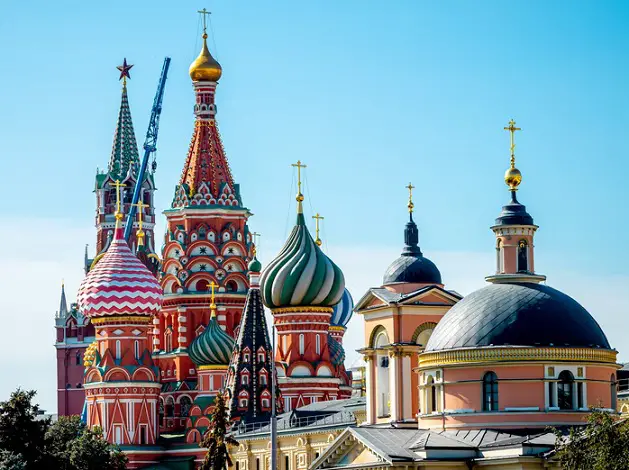In an interview with Le Monde on Thursday, Finnish President Sauli Niinisto said that Moscow has seen little economic impact from the exit of Finnish companies from Russia, since many other companies from other nations have remained.
According to Niinisto, Finland was one of only a few nations whose businesses all withdrew from the Russian market completely, following the onset of Russia’s military operations in Ukraine in early 2022.
Speaking of the sanctions imposed on Moscow in 2014 following Crimea rejoining with Russia he said that the nations of the EU thought that, “sanctions would cause the Russian economy to collapse. Some said within six months. That was a miscalculation. They had an impact, but not on the scale we imagined.”
The most prominent Finnish firms to withdraw from among the many western firms which pulled out since 2022 have been food producers Valio, Paulig, and Fazer, as well as forestry holding UPM-Kymmene.
Meanwhile the Kremlin has publicly noted that as foreign businesses have exited the Russian market, it has only opened up new opportunities for domestic companies to exploit.
On Friday, Kremlin spokesman Dmitry Peskov said to journalists, “The Russian firms that have taken the places vacated after the departure of foreign, including Finnish, companies… welcome their departure and feel quite comfortable and happy in [their] new business.”
In April, a research report revealed that less than 10% of international companies have actually exited the Russian market.
An analysis of 3,157 foreign companies which were operating in the Russian market before the onset of Russia’s military operation in Ukraine, which was performed by the Kiev School of Economics, found that only roughly 200 foreign firms exited the Russian market due to the sanctions imposed on Moscow due to Ukraine.
Meanwhile Yale University found in its own research that the number of foreign companies which announced that they were voluntarily curtailing their Russian operations beyond what was required legally by international sanctions, stood at over 1,000, while the remaining companies had made the decision to not scale back their operations.

